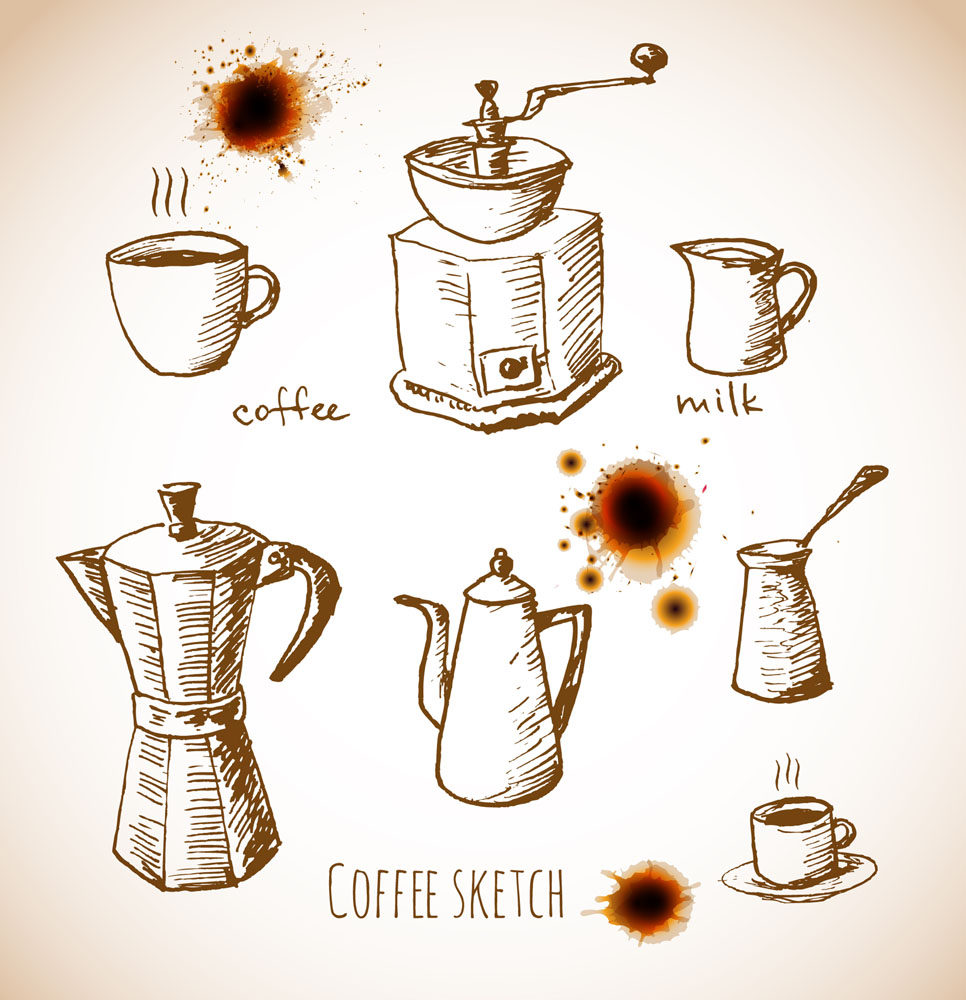Cote d'Ivoire has never produced the best quality coffee.
The term "fine coffee" was first put forward by Ms. Knudsen of the United States in Coffee and Tea magazine. At that time, Ms. Knudsen, as a coffee buyer of B.C. Ireland in San Francisco, was very dissatisfied with the neglect of the quality of raw coffee in the industry, and even some big roasters mixed a large amount of Robesda beans in the comprehensive beans, so she put forward the concept of fine coffee to advocate the improvement of the quality of the industry. This term is used to describe coffee beans with distinctive flavor characteristics that grow in a special environment. Its use in international coffee conferences makes it spread rapidly.
In terms of quantity, it is one of the largest producers in the world.
C ô te d'Ivoire te d'lvoire has never produced the best quality coffee, and it rarely comes from Arabian coffee trees. In the early 1980s, it was the world's third-largest coffee producer, with an annual output of 5 million bags. Even today, it is still the fifth largest coffee producer in the world, with an annual output of 4.4 million bags. In terms of coffee production, C ô te d'Ivoire is second only to Indonesia (6.8 million bags per year).
In the 1980s Ivorian coffee produced only 250 kilograms per hectare. This is partly due to poverty, but also to the aging of coffee trees. Lack of investment and lack of long-term business plans have also affected coffee production.
The Government of C ô te d'Ivoire has begun to take positive measures to reverse the situation. The National Coffee Management Committee has been reorganized and streamlined, and some production activities have been transferred to private companies for management. The government provides a minimum price guarantee to farmers who produce high-quality coffee and encourages exporters to buy directly from farmers. Today, 80% of exported coffee has found a market in European Community countries, with the main buyers being France and Italy.
It is worth noting that C ô te d'Ivoire is the main centre of coffee smuggling, with as many as 2600 tons of coffee smuggled between 1993 and 1994, mainly through the neighbouring countries of Mali (Mali) and Guinea (Guinea).

Important Notice :
前街咖啡 FrontStreet Coffee has moved to new addredd:
FrontStreet Coffee Address: 315,Donghua East Road,GuangZhou
Tel:020 38364473
- Prev

C ô te d'Ivoire has never produced the best quality coffee smuggled coffee producing areas.
The term "fine coffee" was first put forward by Ms. Knudsen of the United States in Coffee and Tea magazine. At that time, Ms. Knudsen, as a coffee buyer at B.C. Ireland in San Francisco, was very dissatisfied with the neglect of the quality of raw coffee in the industry, and even some big roasters mixed a large amount of Robesda beans in the comprehensive beans, so she put forward the concept of boutique coffee.
- Next

Introduction of Nicaraguan Coffee
The excellent Nicaraguan coffee is among the highest in the world, it is mild and delicious, moderate granule, very fragrant. In many countries, coffee production has been seriously affected for political reasons. Nicaraguan coffee industry is no exception. The 1979 revolution forced coffee planters to flee to Miami. This was followed by a period of uncertainty, and the government considered whether to re-
Related
- Does Rose Summer choose Blue, Green or Red? Detailed explanation of Rose Summer Coffee plots and Classification in Panamanian Jade Manor
- What is the difference between the origin, producing area, processing plant, cooperative and manor of coffee beans?
- How fine does the espresso powder fit? how to grind the espresso?
- Sca coffee roasting degree color card coffee roasting degree 8 roasting color values what do you mean?
- The practice of lattes: how to make lattes at home
- Introduction to Indonesian Fine Coffee beans-- Java Coffee producing area of Indonesian Arabica Coffee
- How much will the flavor of light and medium roasted rose summer be expressed? What baking level is rose summer suitable for?
- Introduction to the characteristics of washing, sun-drying or wet-planing coffee commonly used in Mantenin, Indonesia
- Price characteristics of Arabica Coffee Bean Starbucks introduction to Manning Coffee Bean Taste producing area Variety Manor
- What is the authentic Yega flavor? What are the flavor characteristics of the really excellent Yejasuffi coffee beans?

